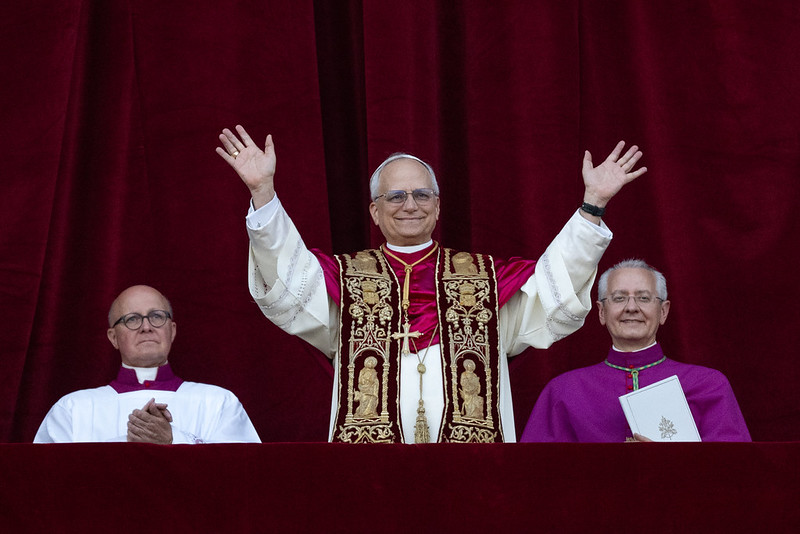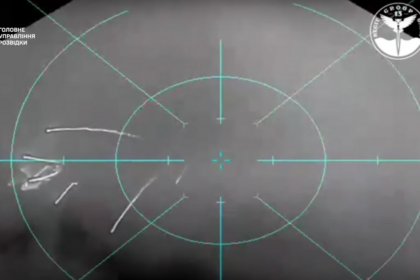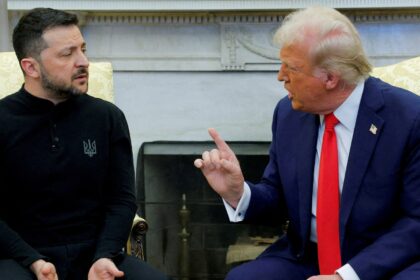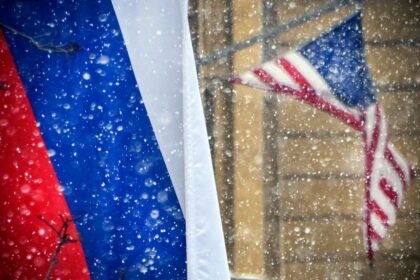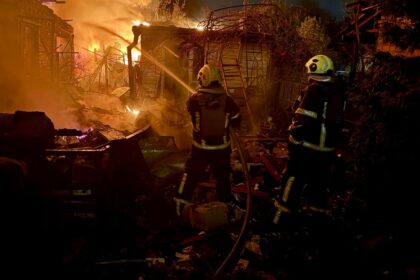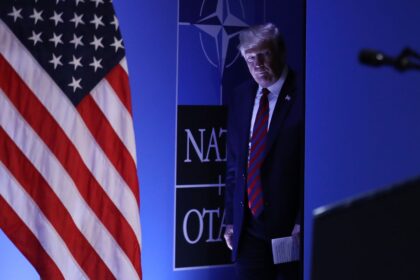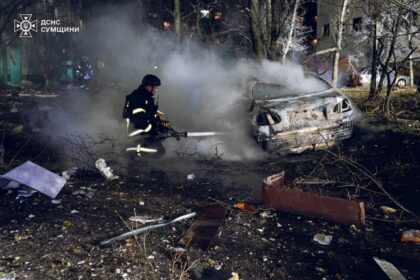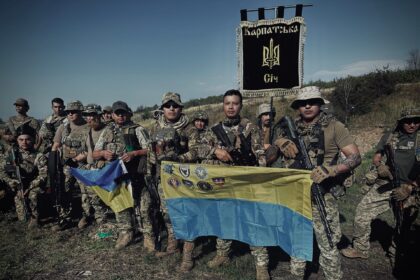The article discusses the election of Cardinal Luis Ladaria Ferrer, also known as Pope Leo XIV, and its implications for Ukraine and Russia. The author notes that the conclave’s choice was likely a pragmatic one, aiming to maintain current investments from the US in Catholic projects, rather than giving them a protagonist of their culture wars.
Regarding Russia, the article suggests that the new pope will not be pro-Russian or favorable towards “great Russian culture” as some might have hoped. This is because he doesn’t seem to belong to the group known as “Putin-verstehers,” which includes people who show understanding towards Russian leaders and culture.
The author also mentions that Pope Francis, the previous pope, was seen as too diplomatic and didn’t name Russia as an aggressor in Ukraine, despite his pro-Ukrainian stance. The article speculates that Pope Leo XIV might have a more traditional North Atlantic view on foreign policy, characteristic of neoconservatism, rather than post-liberalism or isolationism.
The author concludes that the timing of Pope Leo’s election is crucial, as he will serve for life, while presidents come and go. This means that the new pope will remain an important geopolitical figure, with significant implications for Ukraine and Russia.




